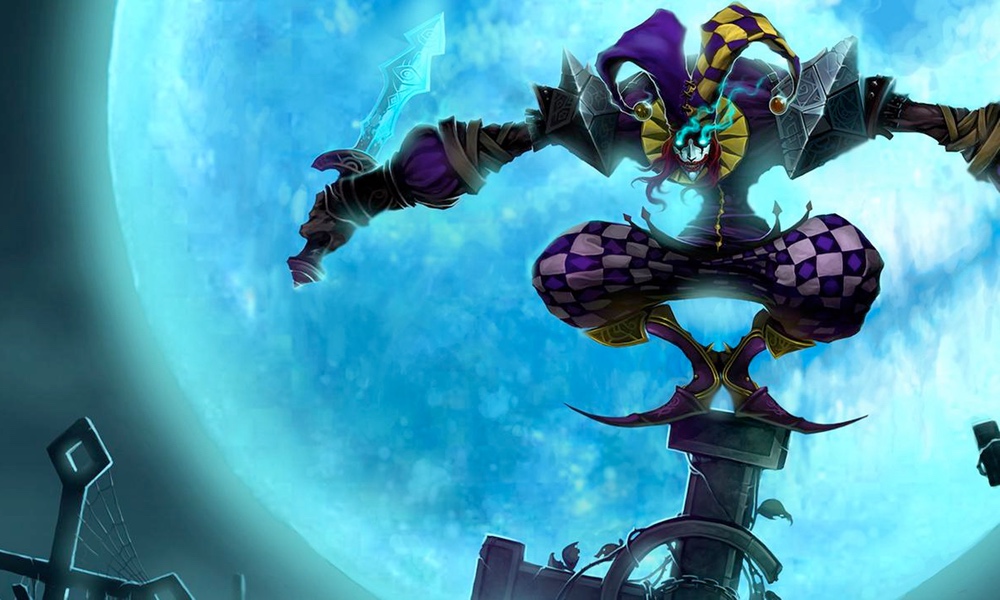Video games generally don't get a lot of respect. They can be sexist; they contribute to sedentary behavior and obesity. But not all games are alike, and researchers have found a connection between ability at one type of video game and intelligence.
This doesn't mean that intelligence makes a good video game player or that good video gamers are intelligent, but it suggests some games may challenge players' brains. The new research offers parents and gamers a bit of good news, considering the negative press that video games typically receive.
There were actually two different studies. The first looked at 60 players (51 male) of the video game, League of Legends (LoL), a multiplayer game that combines strategy and action and belongs to a class of games called multiplayer online battle arenas (MOBAs). Compared to many other video games, MOBAs place less emphasis on reflexes and more on strategy, tactics and memory.Unlike chess, League of Legends adds an extra dimension because it requires cooperation between team members.
These players' scores on an IQ test correlated with their ranking/success in the game, the study found. Better players had higher IQs and vice versa.
In the second study, the researchers looked at information from thousands of players of four popular online games. These included two MOBAs — League of Legends and Defense of the Ancients 2 (or DOTA 2) — and two multiplayer first-person shooter games — Destiny and Battlefield 3. In first-person shooters, the emphasis is much more on reflexes and hand-eye coordination than it is in MOBAs.
The thinking was that while intelligence peaks in the mid-20s, reaction time peaks at a younger age, and this should show up in people's rankings — the best players at the two shooting games should be younger than the best players at the action/strategy games.
That is indeed what they found.
Wade, a Professor in the Department of Psychology and co-director of the Neuroimaging Centre at the University of York in the United Kingdom, likens the findings to those linking ability at strategy games such as chess to intelligence. But unlike chess, League of Legends adds an extra dimension because it requires cooperation between team members.
Apparently, a strategy game is a strategy game, whether it's played on a board or a screen.
The study appears in PLOS ONE and is freely available.





